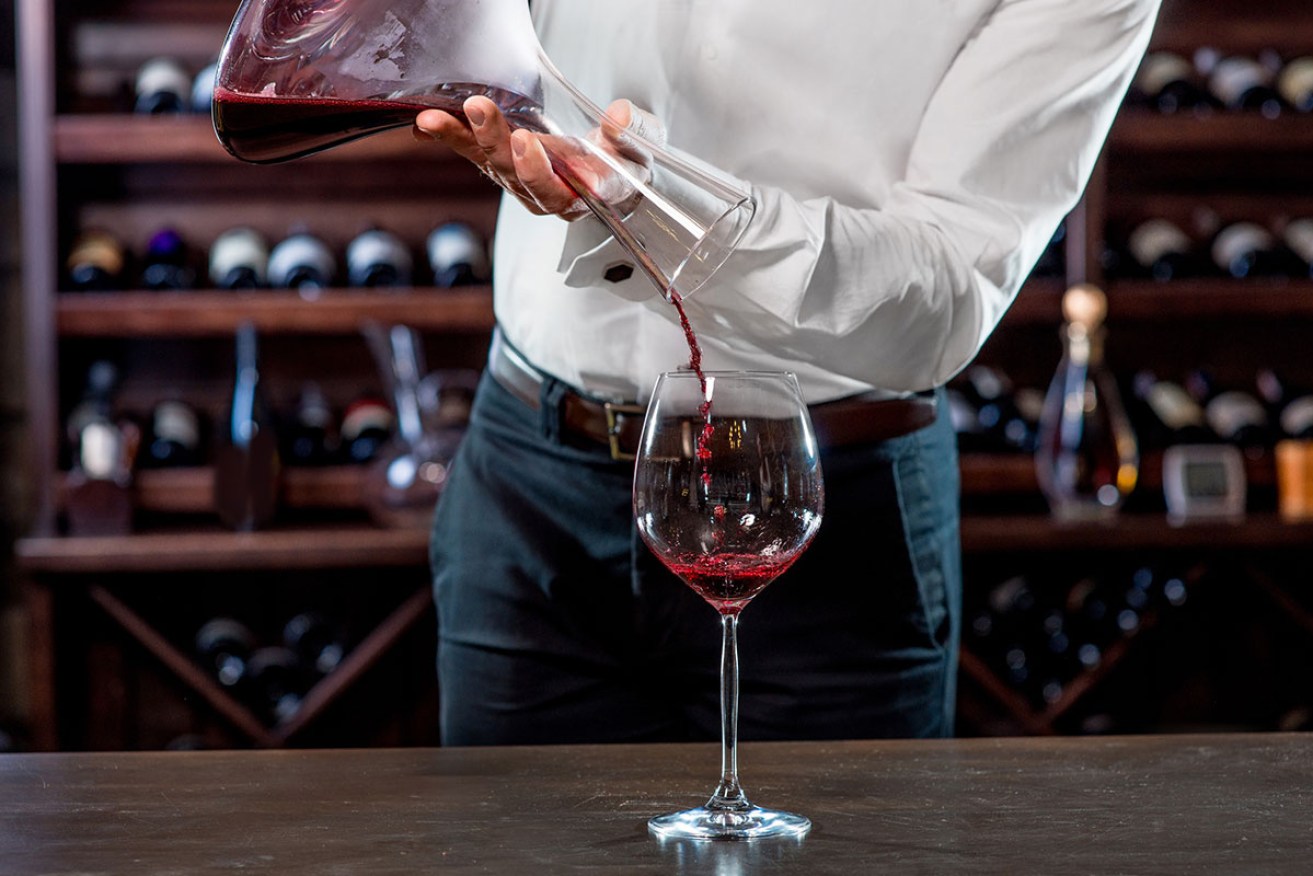How and when to decant wine


Learning how and when to decant wine may seem daunting, but it’s more straightforward than you might think. Photo: Wine Selectors
Better fruit expression, a softer structure and the best possible tasting condition – these are the reasons why it’s a good idea to decant certain wines.
Before we go any further, make sure to watch this short video by our friends at Wine Selectors, as Dave Mavor, Tasting Panellist, winemaker and wine show judge, shares his expert tips to help you get the most out of your wines.
Now, that Dave’s tips have boosted your confidence, let’s look further at how, when and why to decant wine.
1. Why decant a wine?
The major benefit of decanting is to let wine and oxygen combine.
Wine feeds on oxygen when it’s released, giving it the best chance to open up allows the fruit to prosper, the structure to soften, and the wine to be in optimum tasting condition.
In the old days, a wine that had a cork and was deemed worthy, or was of good providence, was meant to be decanted, but the advent of the screwcap has changed this.
It’s the newer bottles in your cellar which can benefit from a little TLC in a decanter.
As screw-capped wines arrive tighter and more fine-boned, a bit of air can help release primary fruit and aid texture.
Newer wines can be left in the decanter and you’ll notice they open up over the course of a few hours.
Older wines, however, don’t need more than an hour as they’ll start to fall away in the decanter and fruit can become stripped quite quickly.
2. When to decant your wine
Aged wines: Decant an older wine to separate it from its sediment.
If the wine has been stored on its side for a long time, first let it rest in an upright position.
Slowly pour the wine into the decanter without allowing any sediment to leave the bottle.
Young wines: Decant a younger wine to increase the aeration, revealing more complexity and opening up aromas and flavours.
When decanting young wines, turn the bottle straight into the decanter and let it splash in to the vessel, allowing maximum aeration.
3. Can decanting help an inferior wine?
Yes! Decanting a cheap wine can often help to get rid of the unpleasant odour from the sulphur dioxide.
You might even fool your friends into thinking you’re drinking a much more expensive wine.
4. How else can I aerate wine?
We generally prefer the ritual and occasion of a decanter; however, aerators are one of the quickest ways to achieve a similar result.
The theory works on the Venturi effect, where the velocity of a wine poured through a small gap increases, and as this happens, pressure decreases and air is mixed with the wine as it’s poured into the glass.
Whether you use an aerator, a decanter or even a jug, give your wine some space to breathe and experience the difference.
Get your cellar sorted with Wine Selectors
Stock up your cellar with a stunning range from Wine Selectors all perfect for practising your decanting skills.
Handpicked by the Tasting Panel experts, it’s simply a better way to buy Australian wine.